How All of Russian TV Became State-Controlled
Short biography of the freedom that never happened.


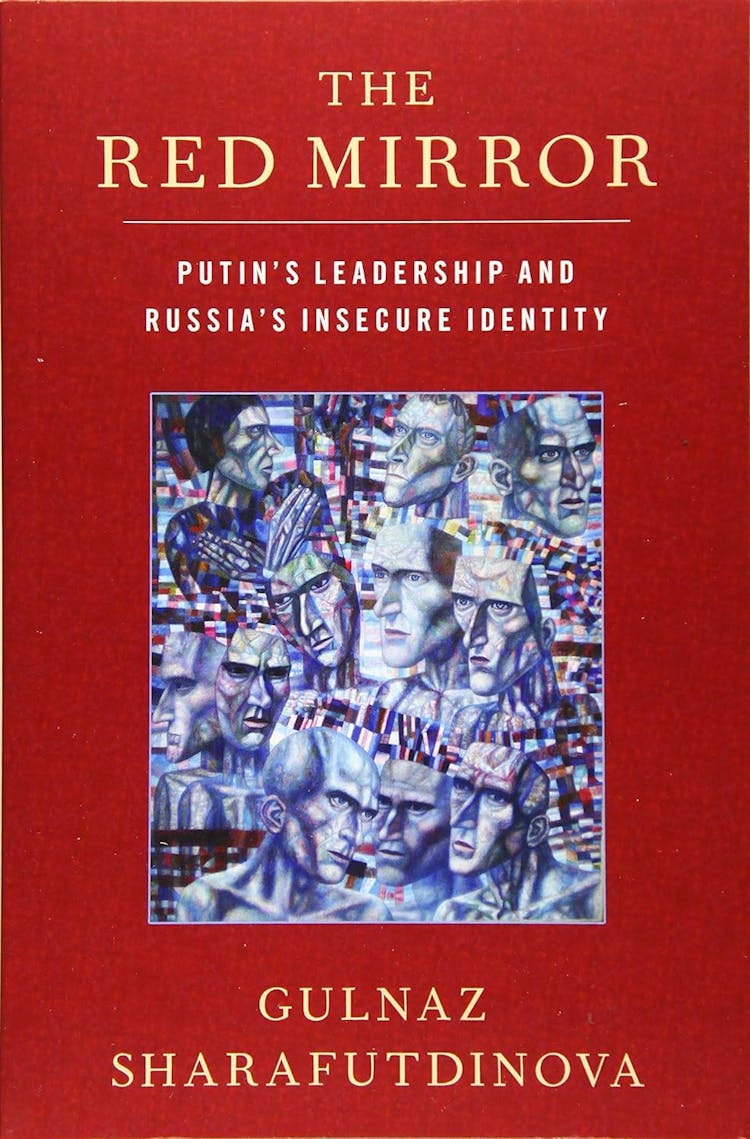
The Red Mirror: Putin’s Leadership and Russia’s Insecure Identity by Gulnaz Sharafutdinova
Professor of Russian Politics at King’s Russia Institute (King’s College London) who was born in Tatarstan — one of the most ethnically diverse Russian regions of Russia where Tatars make up a numerical majority — explores the sources of Putin’s leadership, shared collective perspectives of Russian citizens, and how the past was used by propaganda to shape the present.
The Red Mirror: Putin’s Leadership and Russia’s Insecure Identity (2020) by Gulnaz Sharafutdinova
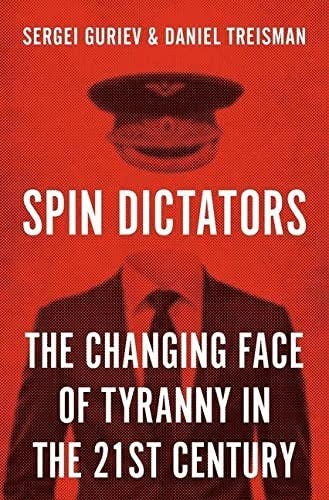
Spin Dictators: The Changing Face of Tyranny in the 21st Century by Sergei Guriev and Daniel Treisman
The book shows how today’s authoritarian regimes differ from “fear dictators” of the past. What Recep Tayyip Erdogan, Viktor Orban, and Vladimir Putin (till February 2022) are doing to control their citizens. Authors argue that the main methods are distorting information and simulating democratic procedures. Even though, after the full-scale Russian invasion of Ukraine, the Russian government has shown its true colours, the book is worth reading to understand how Vladimir V. Putin could survive as a country leader for more than 20 years.
Spin Dictators: The Changing Face of Tyranny in the 21st Century (2022) by Sergei Guriev and Daniel Treisman

The Future is History: How Totalitarianism Reclaimed Russia by Masha Gessen
Masha Gessen, who identifies as a non-binary and transgender, is a journalist and Putin’s biographer. In this book, they follow the lives of four people and use these stories to highlight the most significant turns in Russian history of the last 30 years, from the dawn of democracy to the return of dictatorship.
Masha Gessen is a staff writer at The New Yorker and the author of many books on Russian history, politics and culture, including “The Man Without a Face: The Unlikely Rise of Vladimir Putin” and the National Book Award-winning “The Future Is History: How Totalitarianism Reclaimed Russia.” And, perhaps most important, Gessen has been on the ground in Russia in recent weeks trying to understand how ordinary Russians are seeing and interpreting the world around them. The New York Times
The Future is History: How Totalitarianism Reclaimed Russia (2017) by Masha Gessen
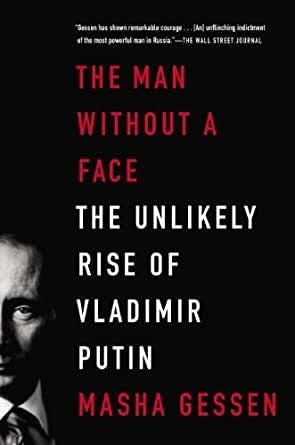
The Man without Face: The Unlikely Rise of Vladimir Putin by Masha Gessen
How a low-level KGB agent turned out a dictator terrorising his own people and the whole world. Masha Gessen, a journalist in Moscow at the time, not only experienced the history themself, but also used the sources no other authors had.
The Man without Face: The Unlikely Rise of Vladimir Putin (2012) by Masha Gessen
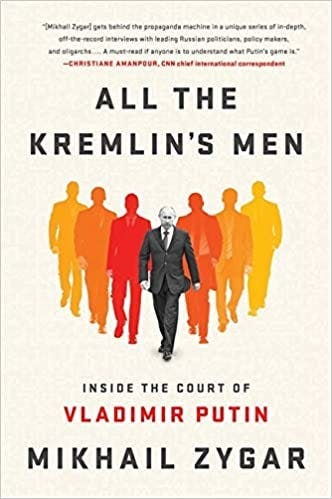
All the Kremlin’s Men: Inside the Court of Vladimir Putin by Mikhail Zygar
Mikhail Zygar, the former Dozhd’s editor-in-chief and an openly gay happily married to his partner, answers the question: Who are those in the inner circle of the president? All the intrigues behind the high Kremlin’s walls described in this book certainly deserve their own TV show. In his recent interview, the acclaimed Ukrainian director and producer Alexander Rodnyansky revealed that he is working on the series about Putin, which is partially based on this book, for one of the streaming giants.
All the Kremlin’s Men: Inside the Court of Vladimir Putin (2015) by Mikhail Zygar
Short biography of the freedom that never happened.

What is the "Russian World" and what does it have to do with the war in Ukraine
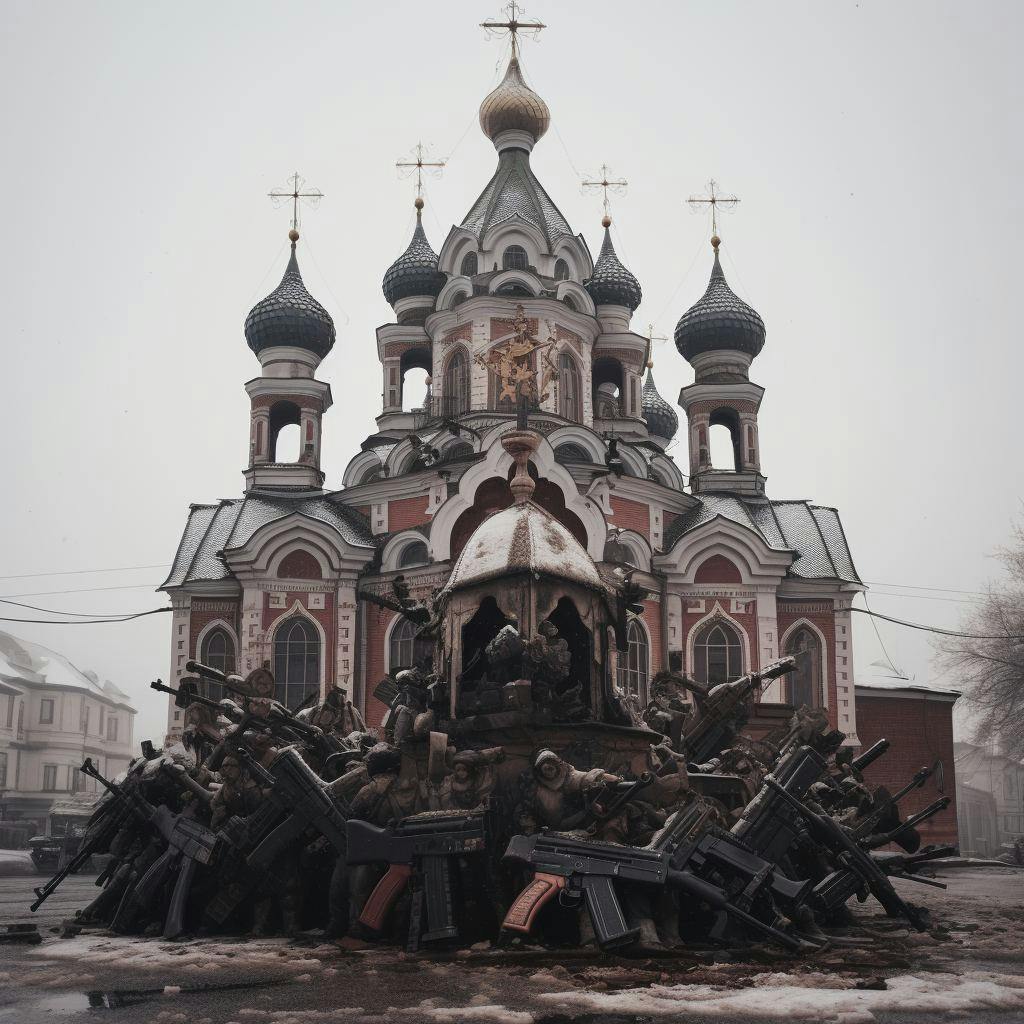
How Orwell became the Russian Reality
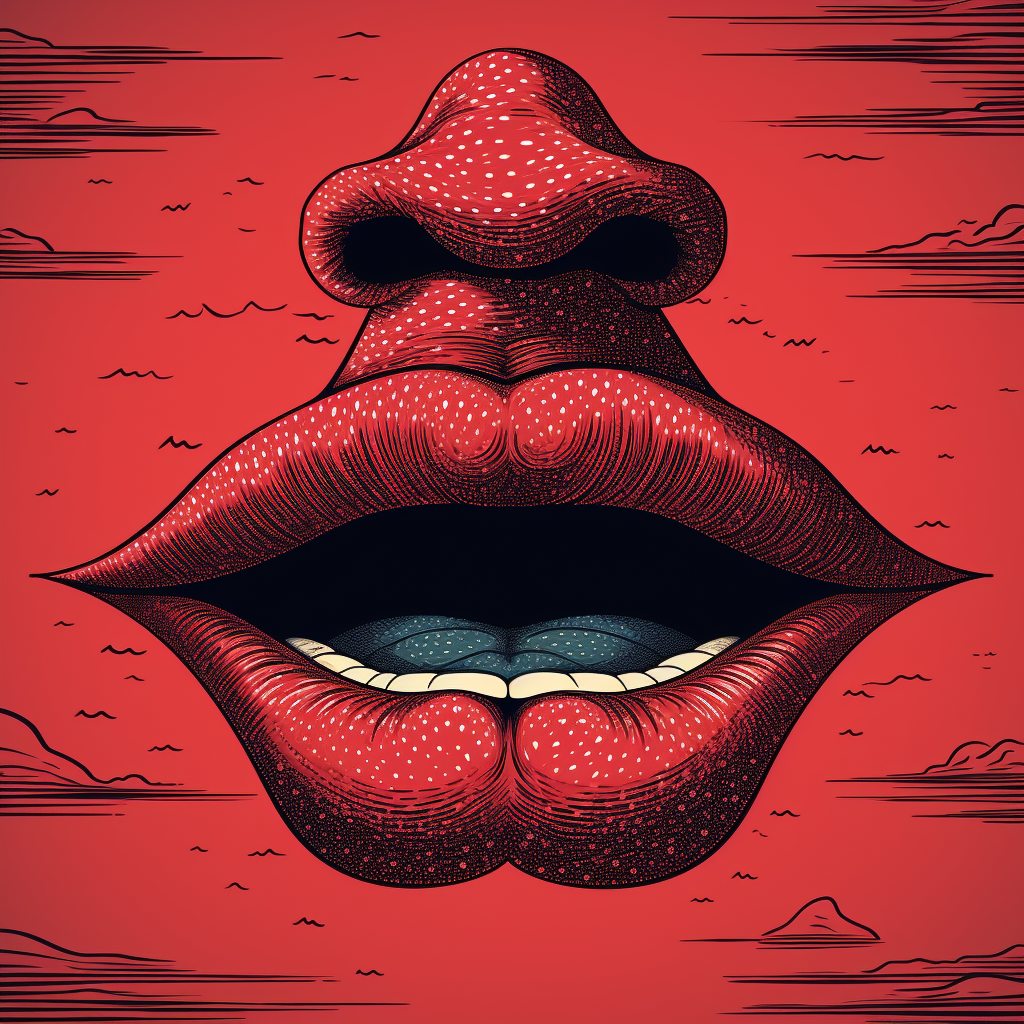
Our media platform would not exist without an international team of volunteers. Do you want to become one? Here's the list of currently opened positions:
Is there any other way you would like to contribute? Let us know:
We talk about the current problems of Russia and of its people, standing against the war and for democracy. We strive to make our content as accessible as possible to the European audience.
Do you want to cooperate on content made by the Russian standing against the war?
We want to make people of Russia, who stand for peace and democracy, heard. We publish their stories and interview them in Ask a Russian project.
Are you a person of Russia or know someone who would like to share their story? Please contact us. Your experience will help people understand how Russia works.
We can publish your experience anonymously.
Our project is ran by international volunteers - not a single member of the team is paid in any way. The project, however, has running costs: hosting, domains, subscription to paid online services (such as Midjourney or Fillout.com) and advertising.
Our transparent bank account is 2702660360/2010, registered at Fio Banka (Czech republic). You can either send us money directly, or scan one of the QR codes bellow in your banking app:




Note: The QR codes work only when you scan them directly from your banking app.
Russia started the war against Ukraine. This war is happening from 2014. It has only intensified on February 24th 2022. Milions of Ukrainians are suffering. The perpetrators of this must be brought to justice for their crimes.
Russian regime tries to silence its liberal voices. Russian people against the war exist - and the Russian regime tries its best to silence them. We want to prevent that and make their voices heard.
Connection is crucial. The Russian liberal initiatives are hard to read for European public at times. The legal, social and historical context of Russia is not always clear. We want to share information, build bridges and connect the liberal Russia with The West.
We believe in dialogue, not isolation. The oppositional powers in Russia will not be able to change anything without the support of the democratic world. We also believe that the dialogue should go both ways.
The choice is yours. We understand the anger for the Russian crimes. It is up to you whether you want to listen to the Russian people standing against this.